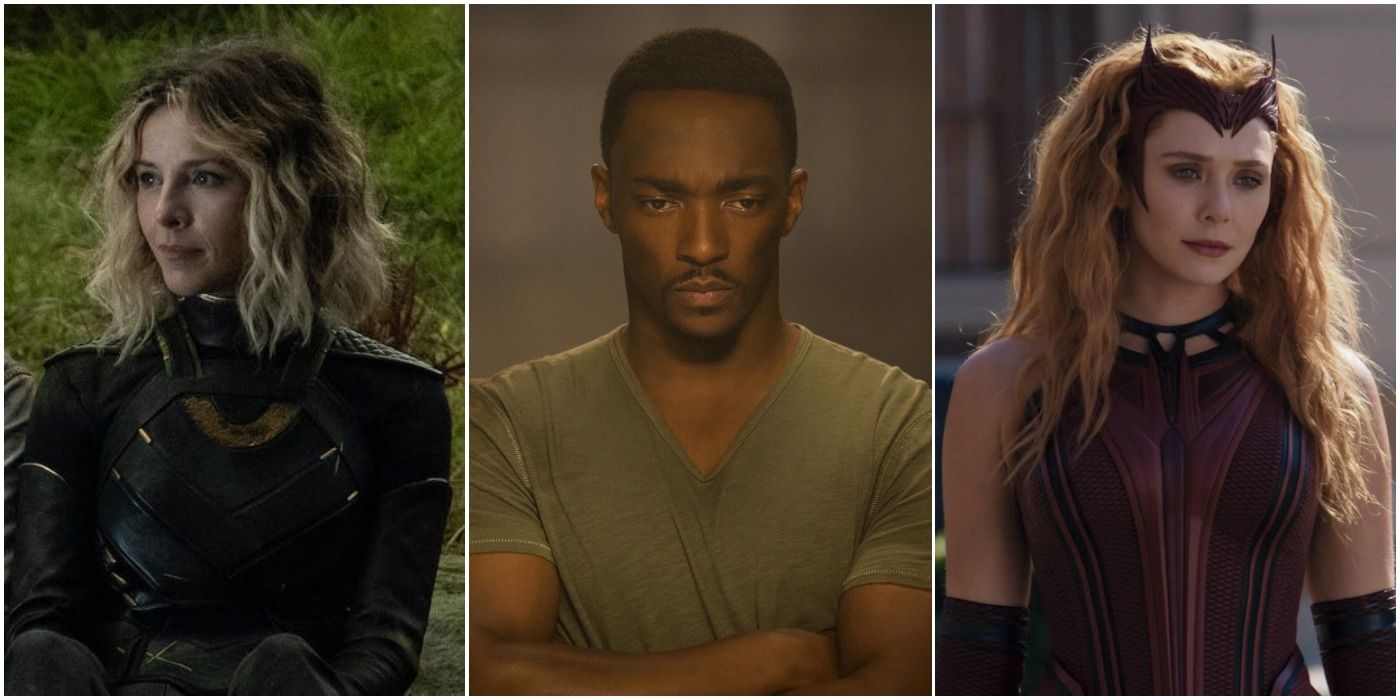
The MCU stands tall in the entertainment industry as a franchise that is succinct and cohesive in unifying a singular narrative. Both Avengers: Infinity War and Avengers: Endgame found success in the impossible by furthering all the stories of the myriad characters that have come to define the MCU. It did so while delivering a climactic finale that simultaneously pays homage to the founders of this cinematic universe.
With the Infinity Saga concluded, Marvel Studios now looks toward an even more ambitious future by expanding their world with the multiverse and a new media platform: Disney+. As Marvel pushes their way into Phase Four with Disney+ miniseries, they leave behind a litany of contradictions and plot holes that befuddle even the most ardent fans.
10 Wanda Broadcasts Life Inside The Hex To The Outside World
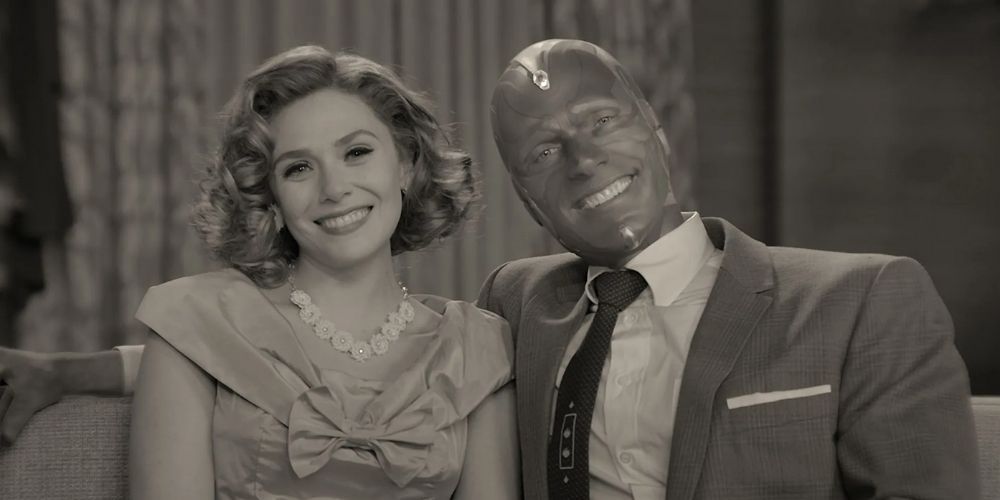
The intrigue of WandaVision was an able catalyst in facilitating a wealth of discussion and theory-crafting from MCU fans with its unique presentation of episodes as sitcom broadcasts. But while WandaVision offers a strong hook, Marvel trips up the show's potential in trying to explain the *how* of the broadcasts.
It's soon revealed that the events inside Wanda's Hex are being broadcast to the S.W.O.R.D. camp stationed outside Westview—what doesn't make sense is why Wanda is broadcasting said events. While later episodes reveal Wanda's history with TV sitcoms, these revelations only explain her desire to reenact the shows from her past—not her need to share them.
9 Monica Says Westview Doesn't Know What Wanda Sacrificed For Them
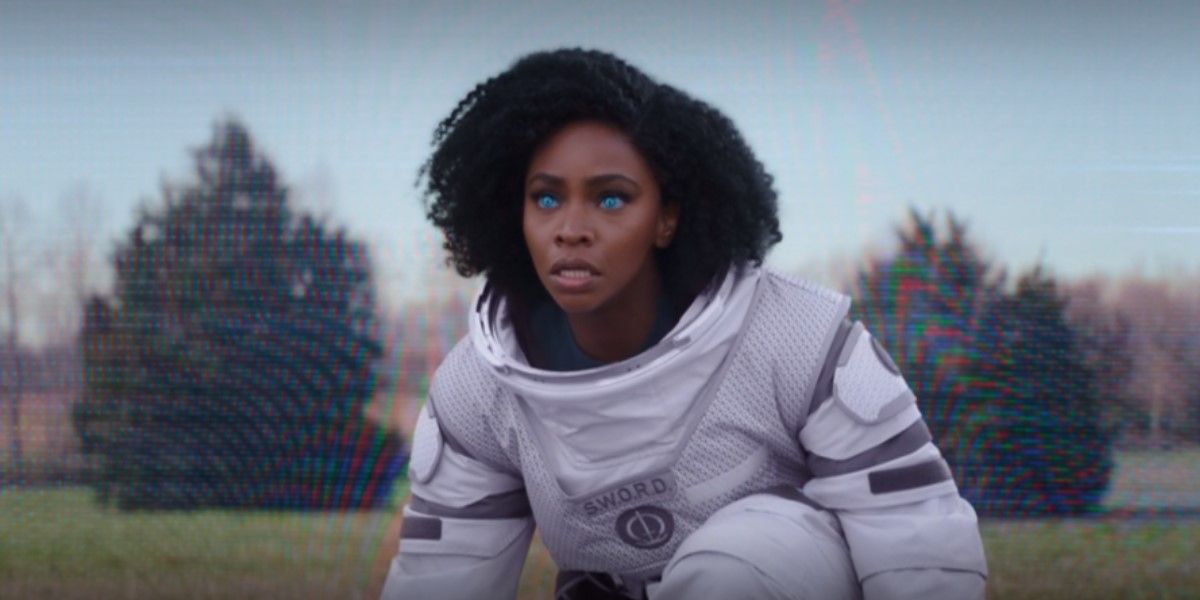
One of the most confusing moments in WandaVision came in the series finale. In the aftermath of her battle with Agatha Harkness, Wanda finally acknowledges her grief and takes down her Hex. As she sulks through the town square, she is met by the wary gazes of the mistrustful townsfolk.
It's here that Monica Rambeau approaches the Avenger, telling her that Westview will never know what she sacrificed for them. Fans can assume Monica means Hex Vision and Wanda's children, yet the S.W.O.R.D. agent's statement also ignores the obvious fact that Wanda subjugated and tormented the entire town via mind control.
8 Where Is The Sorcerer Supreme During The Events of WandaVision?
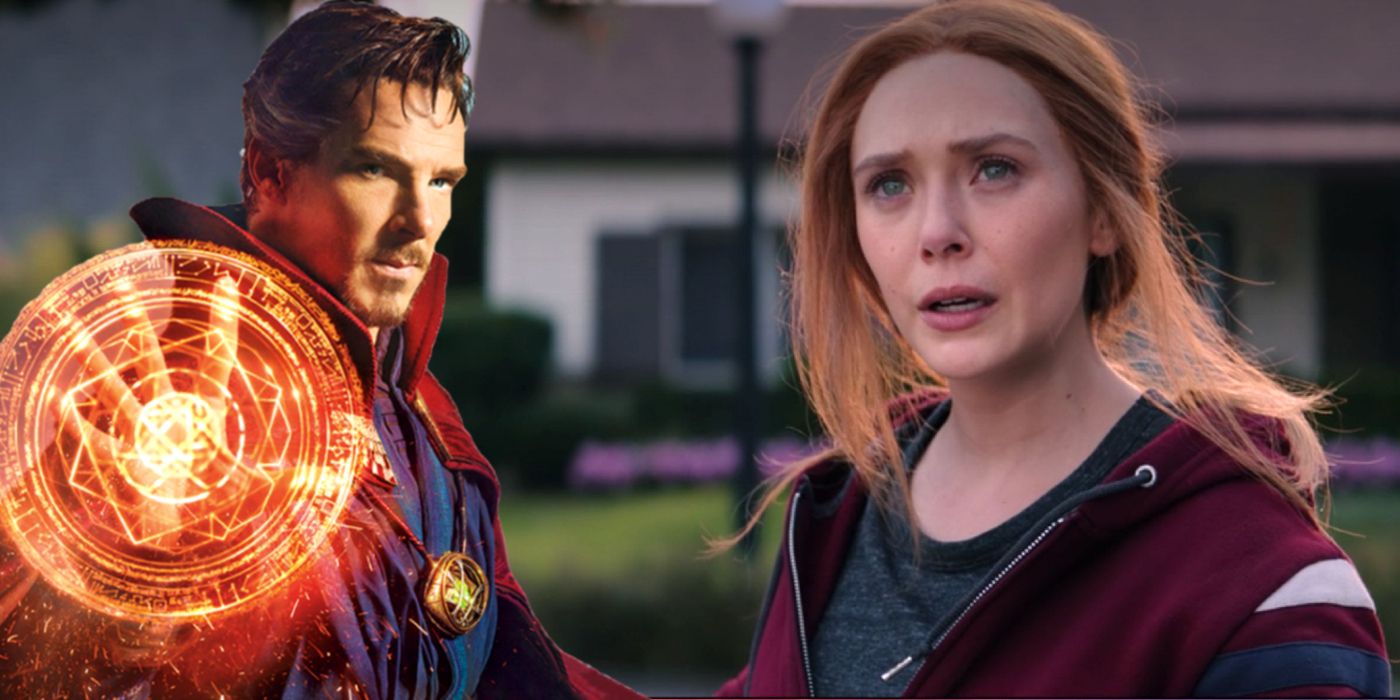
As WandaVision progressed, fans continuously concocted a multitude of theories—ranging from Mephisto being the real villain to Peter Evans' "Pietro" canonizing the X-Men in the MCU. One of the most realistic postulations, however, was the rumored appearance of Doctor Strange.
It makes sense for the Sorcerer Supreme to investigate the Westview anomaly. Agatha even remarks that Scarlet Witch's magic surpasses that of Strange himself, and the Hex is the most powerful spell she's ever cast. Barring the real-world obstacles preventing Strange's inclusion, the show could've offered a cameo where Strange acknowledges the mess Wanda made.
7 Sam's Financial Troubles Contradict Other Avengers' Lifestyles
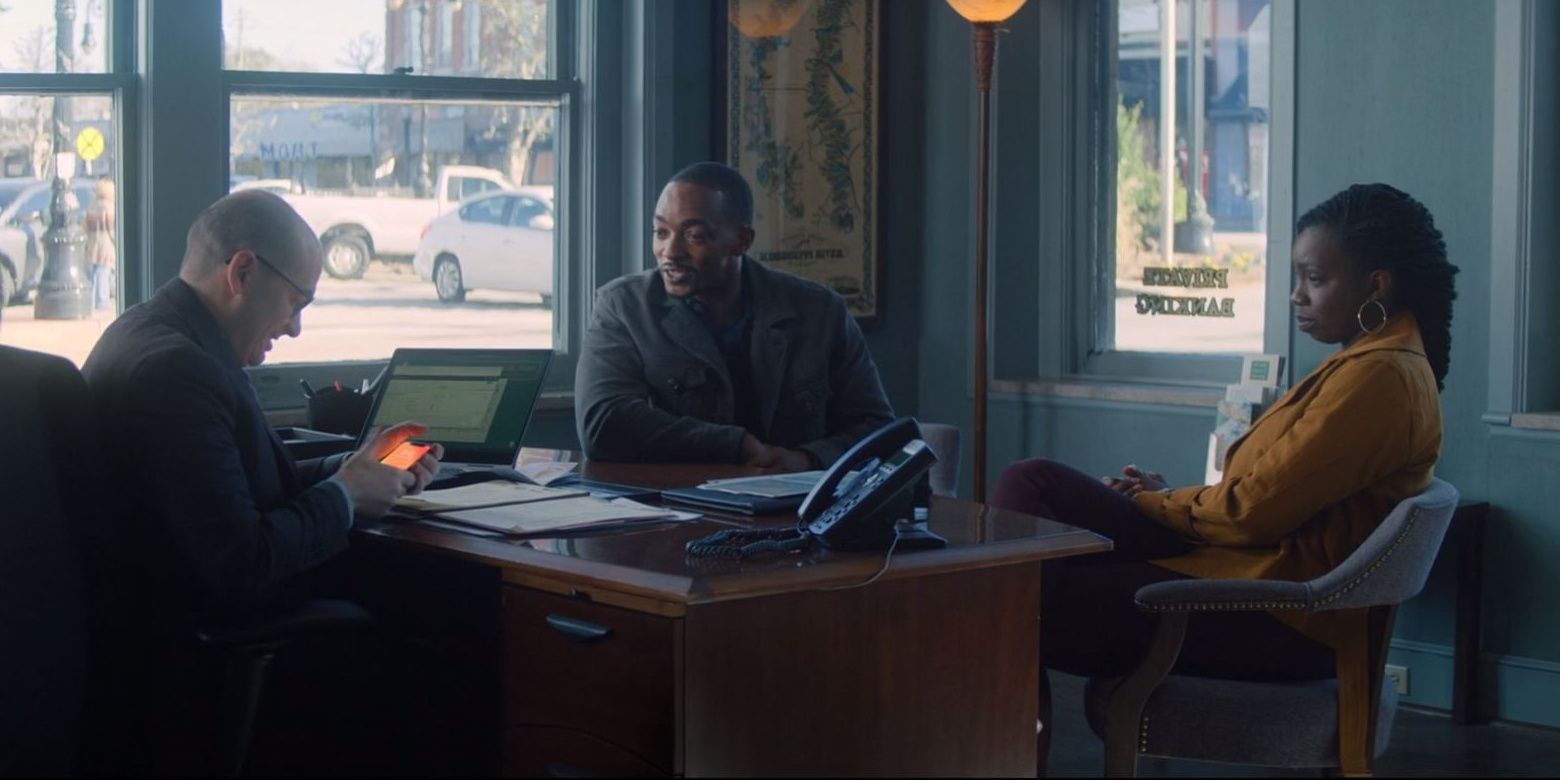
In the season premiere of The Falcon and The Winter Soldier, Sam Wilson finds himself in a financial crisis when he struggles to take out a loan to fix his family's boat. It's revealed here that the Avengers don't get a salary for their work, which causes the banker to deny Sam the loan.
But Sam's financial woes seem to contradict other MCU entries. WandaVision illustrates that Vision snagged a deed for the plot of land Wanda finds in Westview—the android would've needed the Avengers' financial support to get through real estate. Likewise, Tony Stark in Spider-Man: Homecoming implies that Peter would be salaried if he joined the team.
6 The U.S. Government Is Surprisingly Lenient By Pardoning Bucky
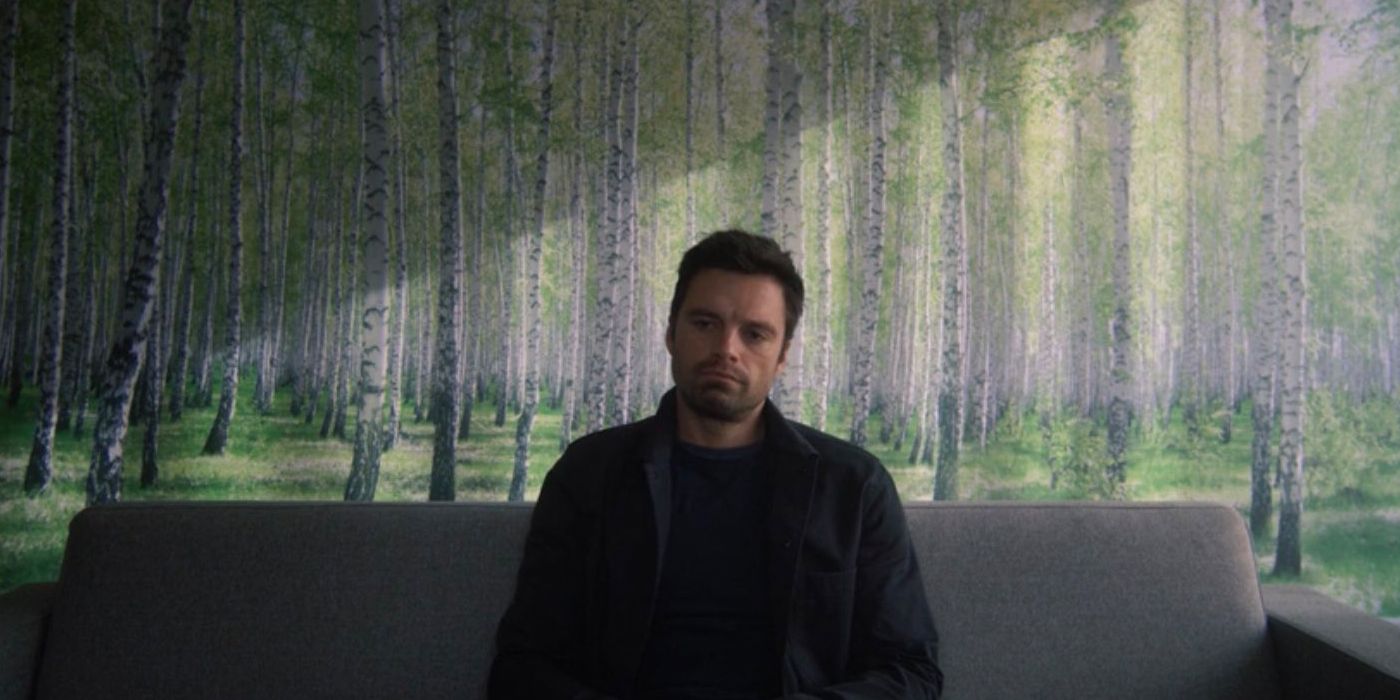
When he's introduced as the brainwashed super-soldier in Captain America: The Winter Soldier, Bucky Barnes is an enigmatic terror. Natasha Romanoff furthers his deadly credentials, claiming that he's been credited with many assassinations over the last half-century, capped off by his murder of Tony's parents.
While Bucky's innocence in the U.N. Vienna bombing is proven by Captain America: Civil War's conclusion, it's nevertheless surprising to see the U.S. pardon the former assassin for the high-profile murders he's committed. While Steve may have had a hand in Bucky's pardon, the star-spangled man disappears right before The Falcon and The Winter Soldier begins, putting said conjecture into question.
5 Why Would Sharon Help Sam & Bucky If She's The Power Broker?
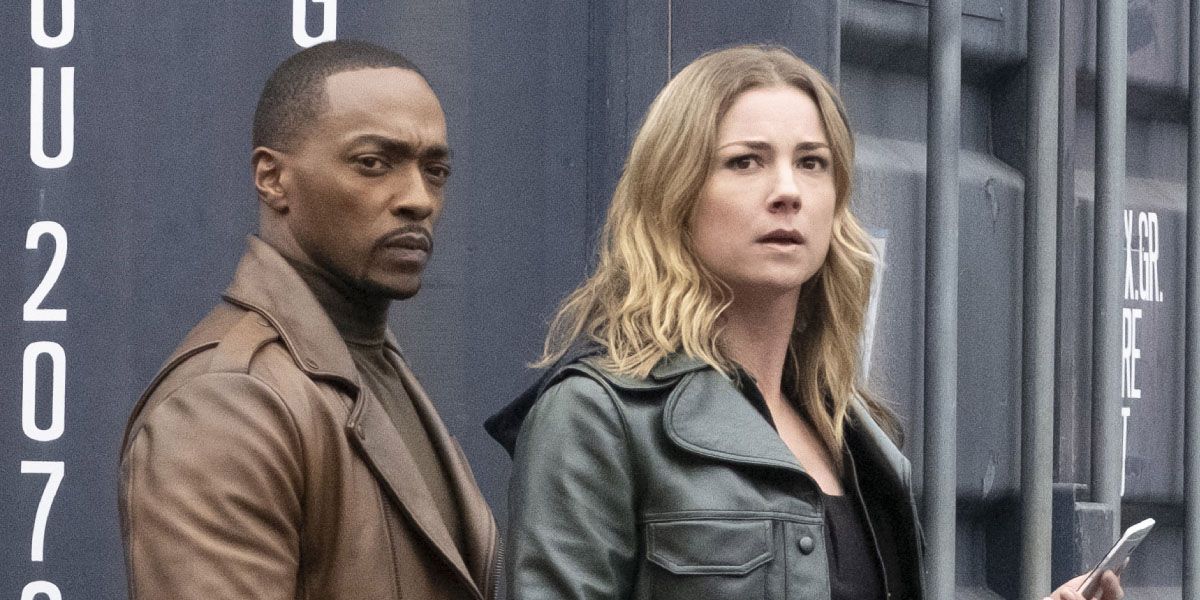
Not only did everyone see The Falcon and the Winter Soldier's biggest twist coming, but the reveal that Sharon Carter is actually the Power Broker doesn't make sense in context with her prior actions. When Sam and Bucky run across the former S.H.I.E.L.D. agent in Madripoor, they learn she has been on the outs with the U.S. government since the events of Civil War.
They also discover that Sharon has been making a name for herself based on her lavish lifestyle in the unscrupulous city. Sharon chooses to help Cap's friends track down and destroy the super-soldier serum in exchange for a pardon. But why would the Power Broker want to return to the country that ousted her at the cost of destroying the very serum she sought to reclaim just one episode prior?
4 The God Of Mischief Goes From Villain To Antihero In One Episode
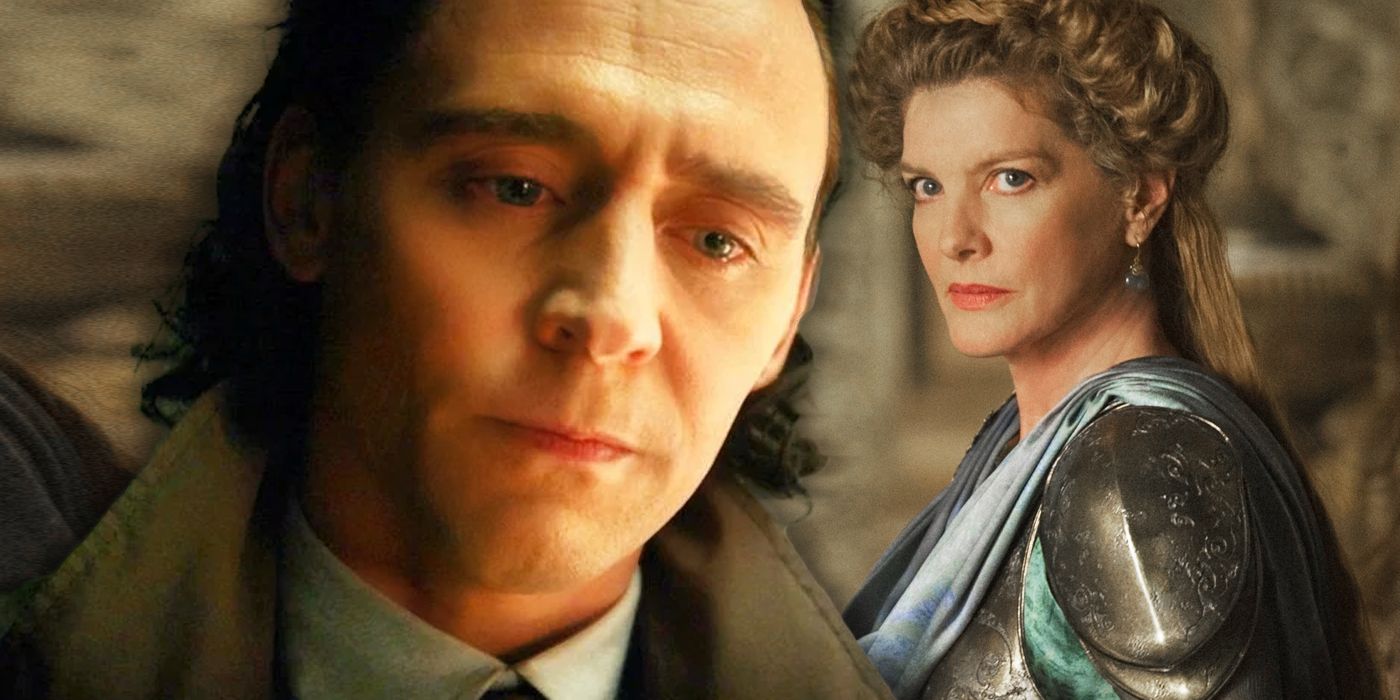
The events of Loki pick up with a plot thread from Avengers: Endgame—the God of Mischief makes his escape with the Tesseract following the events of 2012's Battle of New York. Loki is still a villain at this point in the timeline, lacking the significant character transformations he underwent that led to his ultimate sacrifice during Avengers: Infinity War.
One of the biggest mistakes Loki makes early on is rushing Laufeyson's transformation from villain to antihero by showing him a film of the way his life is "supposed" to play out. It's hard to believe that Loki's brief time with the TVA equates to the years of character development the main MCU Loki had, and even harder to believe he would take the "noble" path by the season's end.
3 Can't Heimdall See The TVA Or Loki When They Travel To The Past?
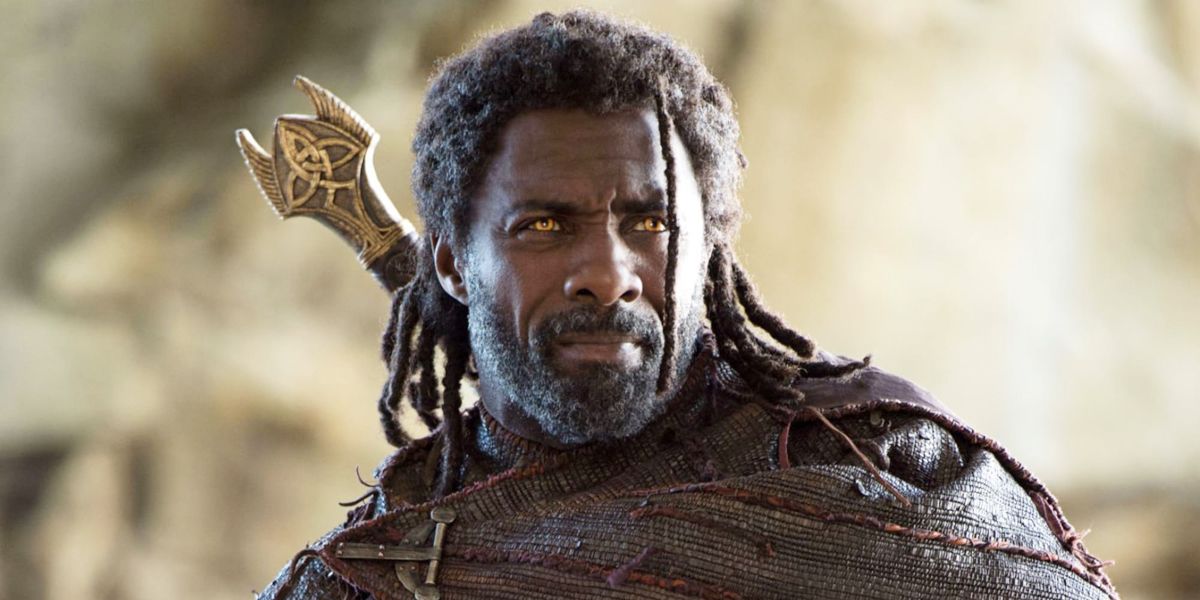
With all the time-traveling shenanigans happening in Loki, it's surprising that the guardian of the Bifrost—Heimdall—didn't make an appearance. Touted as the Asgardian who sees and hears all, Heimdall has the capability of seeing across of the Nine Realms. While he can't watch everything at once, he's surely bound to notice someone as troublesome as Loki.
Although Heimdall meets his maker during 2018 in Avengers: Infinity War, the Loki series sees the titular protagonist travel back to several times predating that year, including Pompeii in 79 AD and Oshkosh, Wisconsin in 1985. These should've been opportune moments for the Gatekeeper of Asgard to raise his eyebrows in suspicion.
2 Loki & Sylvie Create A Nexus Event In The Lamentis-1 Apocalypse
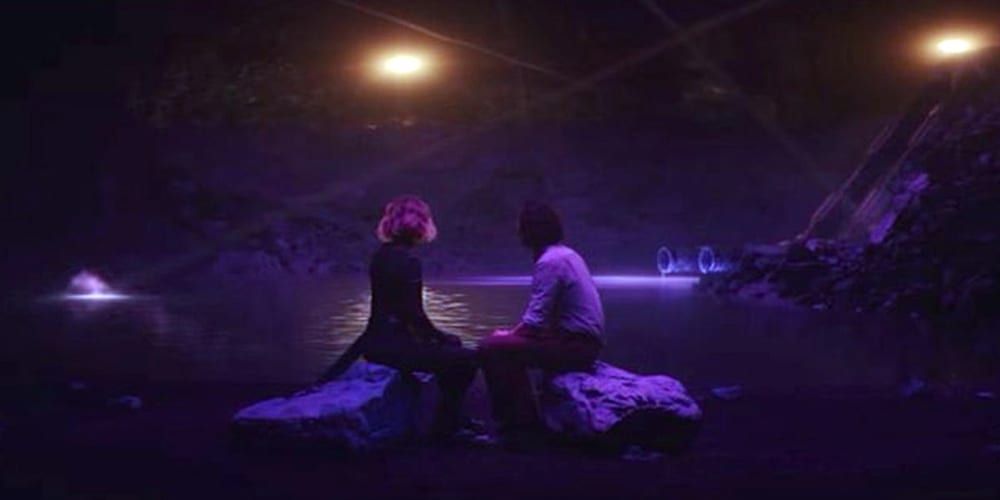
While researching the events of Ragnarok that leveled Asgard, Loki and Mobius discover that the Loki variant they're pursuing is hiding in apocalypses to prevent the TVA from tracking her. After a brief skirmish with the Goddess of Mischief, Loki and Sylvie end up on the planet Lamentis-1, which the latter claims is the worst of all apocalypses.
With no means of escape, Loki and Sylvie try and fail to escape via the Ark. However, as the moon nears collision with the planet, the two variants create a Nexus event that allows the TVA to pinpoint their location. But how exactly could Loki and Sylvie fundamentally change the course of the timeline with mere moments left to live?
1 Sylvie's Actions At The End Of Time Affecting The Sacred Timeline
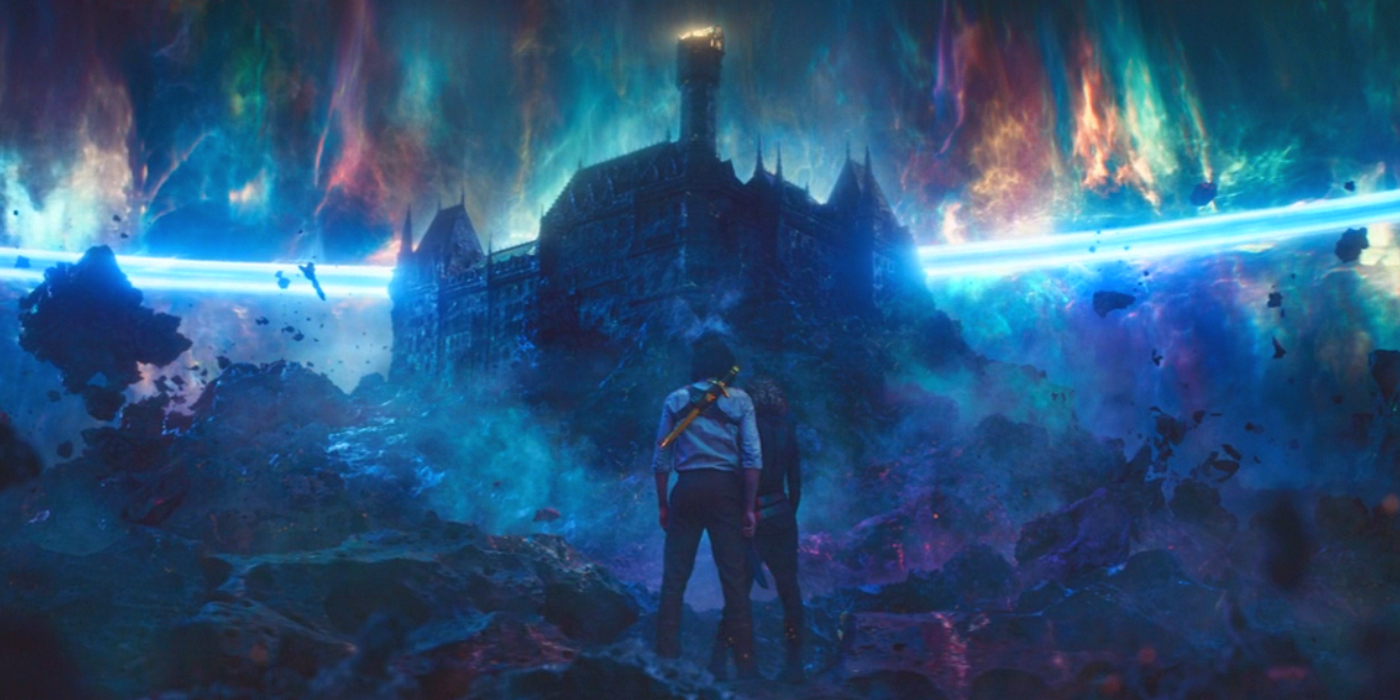
Sylvie's actions at the end of Loki's first season are cataclysmic for the MCU, opening up the potential of the multiverse. Unfortunately, what doesn't make sense is why her actions are causing this. The citadel that Loki and Sylvie find themselves in at the show's end is supposed to be located at the end of time—conceptually, "nothing" happens after this point in time.
However, Sylvie chooses to kill the citadel's host—He Who Remains—who claims that killing him will result in another multiversal war. But what exactly stops the TVA from functioning if He Who Remains isn't around anymore? Why is the Sacred Timeline—which occurs before the end of time—branching based on events that happen in the future?
0 Comments